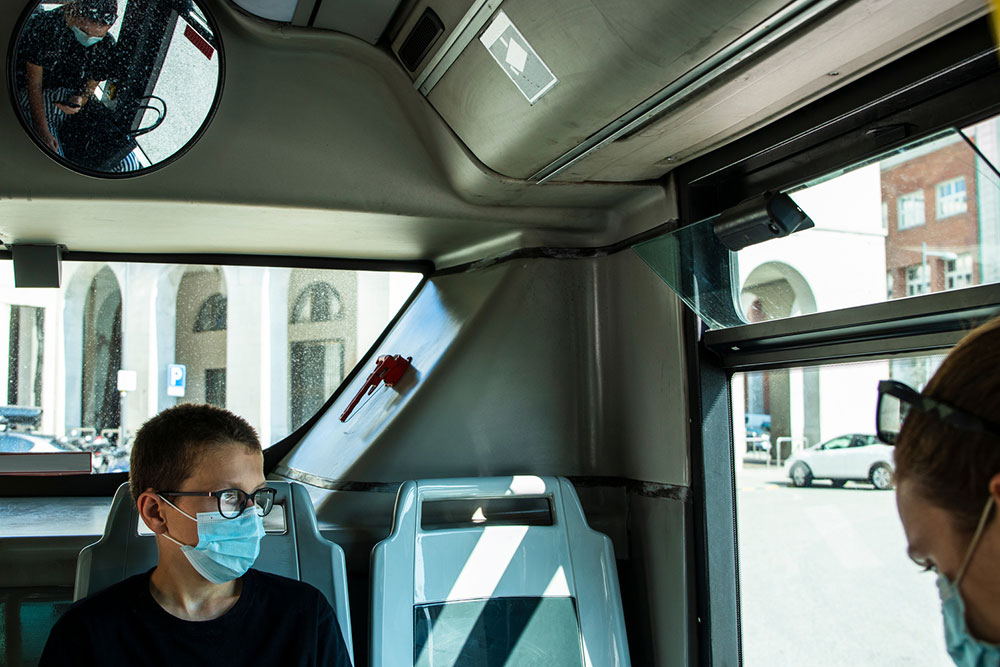5 high-risk public places for respiratory viruses

People must be careful in public areas. Since respiratory illnesses easily spread via air and contact, there are certain public places where individuals might be at higher risk of catching these infections. By being aware of these common areas, one can be more careful and better equipped to protect themselves from catching any diseases. Here are a few such high-risk public places to be careful around:
1. Public transport
Public transport, like buses and subways, can be quite crowded. When traveling in such crowds, one cannot help but be in close quarters with numerous people. This eventually increases their risk of catching infections. Hence, when traveling on public transportation, wearing a mask and using hand sanitizer after touching surfaces such as door knobs and handles is better to reduce the risk of infection.
2. Public pools
Public pools can also be breeding grounds for respiratory infections due to shared water and close contact among swimmers. Hence, when using public pools, individuals must practice social distancing and, most importantly, avoid using the pool if feeling unwell.
3. Airports and airplanes
Airports and airplanes are potential hotspots for respiratory infections since many travelers travel in enclosed spaces. Moreover, if there are crowded terminals and long queues at security, it only increases the chances of individuals coming into close contact. This eventually increases the risk of catching respiratory infections. Hence, it is essential to take safety measures such as wearing masks and practicing social distancing at airports.
4. Gyms
Gyms pose a significant risk since most of the equipment is shared among people. Frequent touching of exercise equipment can, thus, lead to the rapid spread of respiratory viruses. Hence, when visiting the gym, individuals should use hand sanitizer after using equipment to stay safe.
5. Offices
Office environments, especially those with close-knit workspaces, can be at a higher risk of harboring and spreading respiratory viruses. Moreover, employees close to the shared common areas of offices can also elevate the risk of respiratory virus transmission.